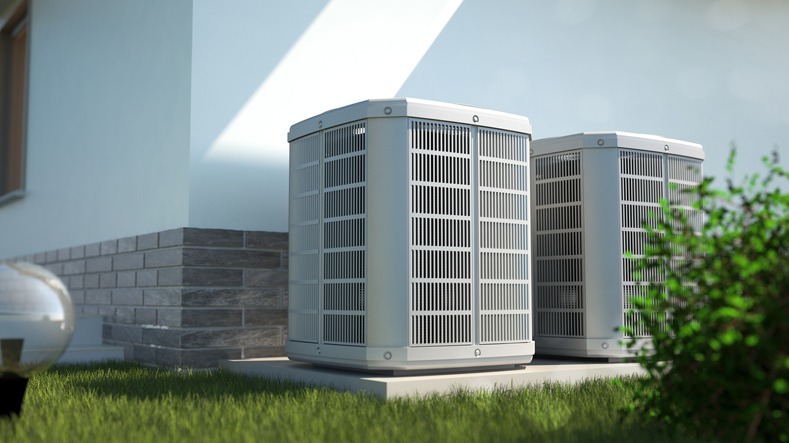Homeowners who would like to reduce their energy bills often look for ways to make their HVAC system more efficient. But how exactly can you do that? Is it possible to make an HVAC system run more efficiently, while still providing the same level of comfort and air quality?
These are questions many homeowners have when looking for ways to save money on their regular energy costs.
In this article, we will explore some simple tips and tricks that can help you get the absolute most out of your HVAC system without sacrificing performance or comfort.
Continue reading to get started!
After learning how to make your HVAC system more energy efficient, you can click the following link to contact a professional HVAC company that can help you maintain, repair or replace your HVAC units — https://imsheatingandair.com/.
5 Things That You Can Do To Make Your HVAC System More Energy Efficient
Homeowners often look for ways to make their HVAC system more energy efficient in order to reduce energy bills.
Luckily, there are a variety of simple things that you can do to get the most out of your HVAC system without sacrificing performance or comfort. Today’s guide will provide you with everything you need to know about making an HVAC system more energy efficient.
1. Replace the Air Filters in Your HVAC System
One of the easiest and most affordable ways to keep your HVAC system running efficiently is to replace your air filters regularly. Air filters help keep dirt and debris from entering your home’s air ducts, but they also become clogged over time.
Replacing your air filters on a regular basis allows the air to flow better through your HVAC system, reducing strain on the components and helping it run more efficiently. Homeowners should aim to change out their air filters at least every two months—or more frequently if the home has pets or people with allergies living inside.
2. Install a Programmable Thermostat in Your Home
Programmable thermostats allow homeowners to control their heating and cooling systems remotely via a smartphone app, allowing them to turn off the unit when they’re away or adjust the temperature before coming home. This can help prevent wasted energy by ensuring that no one is paying for heat or A/C when nobody’s home.
Additionally, many programmable thermostats come equipped with sensors that detect movement within a room or house and automatically adjust temperatures accordingly when someone leaves or enters a space.
3. Invest in Regular Maintenance For Your HVAC System
The best way to ensure that your HVAC system runs smoothly and efficiently is regularly scheduled maintenance by an experienced technician.
During maintenance visits, technicians will inspect all major parts of your system — including motors, blowers, evaporator coils, condenser coils, ducts, seals, and fans — and look for signs of wear-and-tear or wear-and-tear repair needs. Homeowners should plan for regular maintenance visits at least twice per year (once in spring and once in fall).
4. Insulate Your Home Properly
Proper insulation helps keep heated and cooled air from escaping out of windows and doors in your home—saving you both energy costs and money on your energy bill each month.
Homeowners should aim for an insulation rating of R-38 in attic areas if possible; R-19 is generally considered sufficient for walls in colder climates while R-30 is suggested in hotter climates like Florida or Texas where wall cavities are shallower than those found in colder regions.
5. Clean Vents and Air Ducts
When dust builds up inside vents and air ducts it can cause extra strain on an HVAC system as it works overtime trying to push the heat throughout the home—causing it to run less efficiently over time.
Homeowners should clean vents at least once per year (ideally during summer months) using either a vacuum cleaner attachment or a compressed air hose (both of which can be purchased at any hardware store). Additionally, homeowners should take care not to block any vents with furniture—as this too can slow down airflow throughout the home which can cause strain on an HVAC unit over time.
Be sure to keep all of these tips and tricks in mind the next time you need to maintain your HVAC system or one of your units!
How Can an HVAC System Be More Energy Efficient? — Conclusion
Making an HVAC system more energy efficient doesn’t have to be difficult—with some simple changes like replacing air filters regularly and installing programmable thermostats, you can dramatically reduce wasted energy costs without sacrificing comfort or performance levels inside your home.
Homeowners who take regular preventive maintenance steps such as insulating their homes properly and cleaning vents regularly will benefit even further as these small adjustments will go a long way toward keeping their heating/cooling units running smoothly and efficiently year round!

